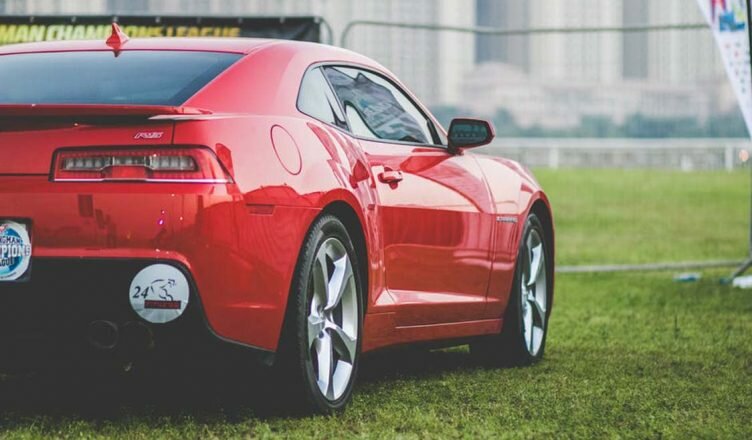Buying a used car can be considered a smart financial move, but making an impulse buy could suggest you end up with a lemon. Whether you’re going to the dealership or buying from an exclusive vendor, arming yourself with knowledge and resources can help you make the most informed decision.
Listed below are seven things you need to do before buying a car or truck.

1. Define what you would like and research your facts.
Let me give you, take the time to write down what you want from an automobile: Just how many people does it need to sit? Would you like it to be small or large? Are there certain features that you are feeling you can’t live without?
Then research which automobiles fit your information and what their prices are – Kelley Blue Booklet is a superb source for that. Walking in to the dealership merely to search can prevent you from really locating the best offers because you may be pressured into the deal by a highly trained salesperson. Before you ever before set foot on the lot, check out categorised ads and print information on cars from different dealerships so that you have a much better idea of what is available and what you should expect to pay for similar vehicles locally.
2. Set your financial budget.
Don’t let a pushy salesperson persuade you to extend your budget merely to get the automobile you want. Establishing a cost range by yourself can also help you narrow your search and negotiate a price you are truly comfortable with. When you talk to owner, be organization with your cost range, but don’t talk about your concentrate on price until the dealer or retailer makes an offer – not revealing the number offers you more negotiating electricity. Please remember, a car or truck budget shouldn’t just include funds for the car, but also money for an inspection and cover any small vehicle repairs which may be necessary.
3. Consider all of your financing options.
In the event that you aren’t planning to choose the car with cash, consider funding options beyond the dealership. You might be able to get a great rate on a car loan via a credit union, for example. Make an effort to get rate quotations from a few places, and speak to each potential lender about the types of cars and price range you will work with.
4. Operate a Carfax report.
Carfax reports provide you with the history of an automobile, letting you know if the car has been in a major accident or might have any other potentially worrisome happenings in its record. Some dealerships will run information for you, but also for other dealerships (or if you’re buying for an exclusive seller) you can run a written report yourself.
5. Do a try.
That is perhaps the most crucial part of buying a used car – seeing the way the car actually drives. Make an effort to test that in a variety of situations, including on the highway and up and down hills. If anything seems off for you – or in case you find the automobile uncomfortable – don’t hesitate to leave.
6. Get the car inspected.
Getting the vehicle inspected by a trustworthy mechanic must be part of the buying process. You are able to run a simple aesthetic check of the engine unit and frame on your own, but you will still desire a mechanic to take a peek under the automobile and run some basic tests. Even if owner insists there are no mechanical defects or major issues, you should verify that the car is in good form with a comprehensive inspection – in the end, the seller gets rid of the automobile for grounds.
7. Anticipate to walk away.
Don’t walk into the sales with the objective of purchasing the automobile that day. Being too wanting to make the purchase can put you able to recognize an offer you’re not truly more comfortable with or accept something that could cause more problems down the road. Regardless of how good the offer seems, anticipate to research rates which means you aren’t pressured into buying a car that might not exactly be the right match for you.
